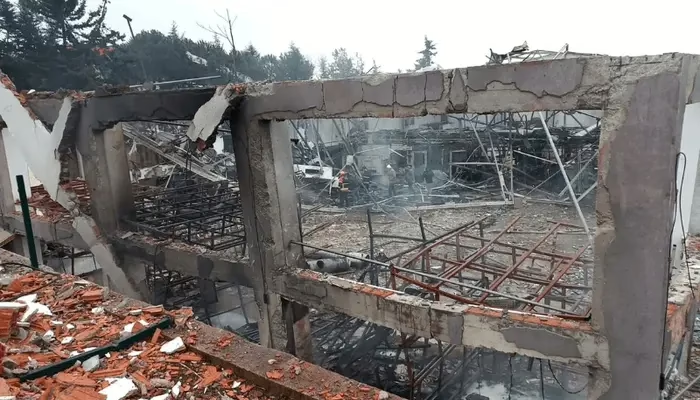
Oil prices increased on Thursday, fueled by supply concerns linked to heightened geopolitical tensions. The ongoing Russia-Ukraine war and developments in the global energy market have played a significant role in this upward trend.
Brent crude futures for January delivery rose by 28 cents, or 0.4%, to settle at $73.09 per barrel. Similarly, U.S. West Texas Intermediate (WTI) crude futures for January increased by 28 cents, or 0.4%, to reach $69.03 per barrel.
Escalation in Russia-Ukraine Conflict
Ukraine has intensified its offensive, launching British Storm Shadow cruise missiles into Russia. This comes a day after using U.S.-supplied ATACMS missiles, marking an escalation in the 1,000-day-old conflict.
Moscow warned that strikes on Russian territory using Western weapons would escalate the war further. Ukraine, however, defends the actions, claiming the need to target Russian rear bases supporting Moscow’s invasion.
Prices of Chicken Meat and Eggs Surge in Karachi
U.S. Crude Stocks and Market Dynamics
In the U.S., crude inventories rose by 545,000 barrels last week, reaching 430.3 million barrels, according to the Energy Information Administration (EIA). Analysts had anticipated a smaller increase of 138,000 barrels.
Gasoline stocks climbed more than expected, while distillate inventories recorded a larger-than-forecast draw.
Supply Updates from Norway
Norwegian energy giant Equinor has restored full production capacity at the Johan Sverdrup oilfield in the North Sea after a power outage. This development adds to the global oil supply, potentially impacting prices.
OPEC+ Considers Production Delays
The Organization of the Petroleum Exporting Countries and its allies, including Russia (OPEC+), may delay planned output increases during their Dec. 1 meeting. Weak global demand and rising output outside the group are key factors influencing this decision, sources revealed.
OPEC+ had previously planned to gradually reverse production cuts through 2024 and 2025. However, slowing demand from China and other markets has challenged this strategy.
The slowdown in demand, particularly in China, coupled with increased production from non-OPEC+ countries, has added pressure on the group to reconsider its output strategy. OPEC+ currently produces nearly half the world’s oil, making its decisions critical to market stability.
Follow Day News on Google News, Instagram, YouTube, Facebook, Whats App, and TikTok for latest updates











